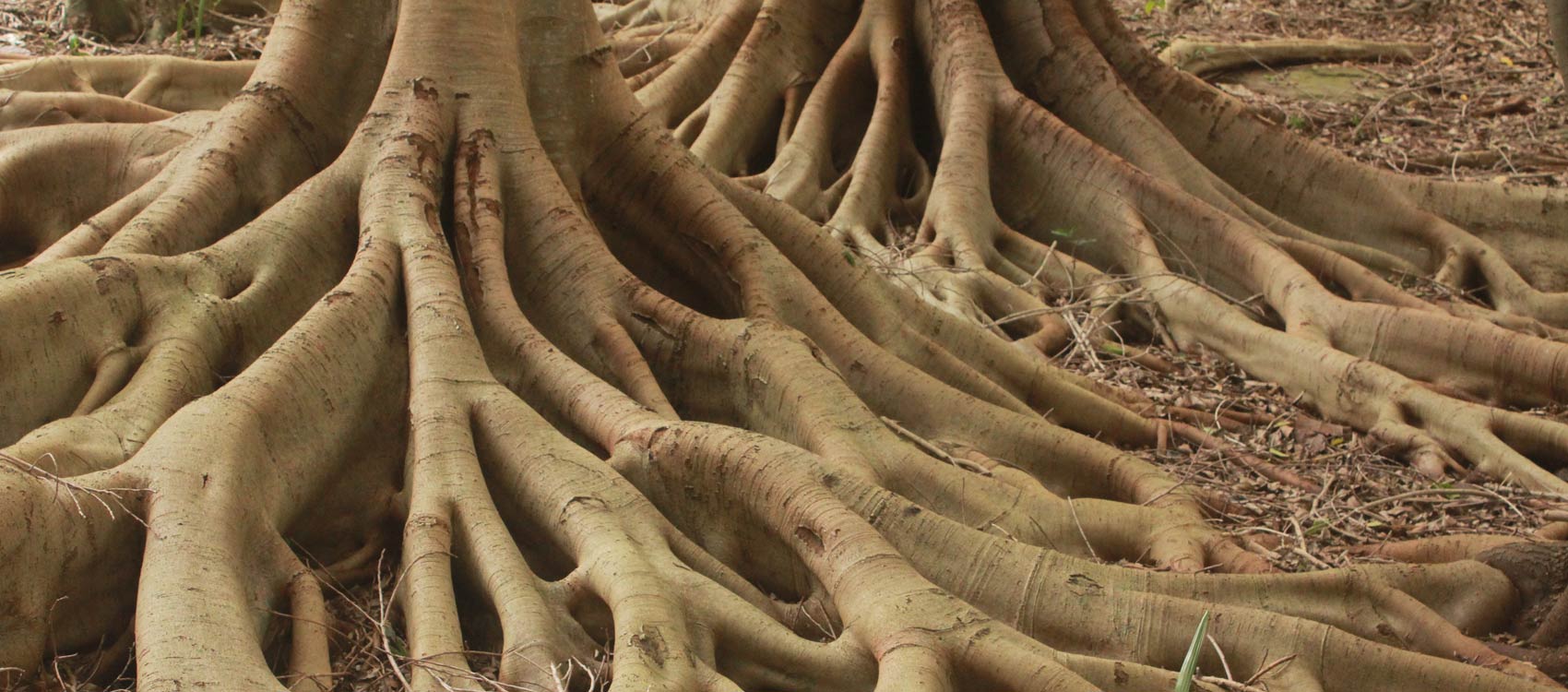The idea of deep power is a game changer. At the very least it’s the starting point for changing the conversation, and that in turn, can change the world of everyone who lives and works in a service-provider environment. Rather than advocating sweeping reform strategies, my book Applying Deep Democracy in Human Services shines a spotlight on the deep power of transformation in service-provider organisations. Transform and Blossom is a culmination to be able to transfer decades of frontline practice around the world, study and research to people hungry to shift conditions for better lives. Transform and blossom awakens three levels of inner power: the capacity to enter the person’s world from inside their/her/his experience – this is the JoinU practice. The self attunement and detachment to facilitate tensions and conflicts – this is the making conflict fruitful practice. And navigating the inclusion of diverse voices, roles and perspectives while supporting more unified wholeness and direction – this is the facilitating collaboration part.
Power in one form or another is part of the universe’s collective DNA. It is present in the ebb and flow of all relationships. Every sentient being is buffeted, shaped, moulded and moved by a web of social, positional, political, environmental and historical powers that are at play at any given time. All too often power is viewed as the problem. One person exercising it over another; an institution disregarding an individual’s rights in order to maintain its status quo; or a government exercising authority as a means of controlling individual actions; one state’s military arsenal versus another’s.
Abuses of power have recently been scrutinised by a variety of government commissions and senate inquiries into religious organisations, charities, schools, and secular institutions. The opaque veil that’s shielded the many forms of institutional abuse is slowly lifting. Details ranging from sexual exploitation to playground and cyber bullying are emerging in horrifying and graphic detail by people whose lives have been damaged or wrecked – victims, bystanders and perpetrators. Too often power contains a minefield of problems. However in Applying deep Democracy in Human Services, I show how power is the very solution. Using deep power,[1] a radical concept – meaning back to the roots – I offer a blueprint for awakening personal powers to shift the status quo. I focus on nine innately human powers that can be developed to nourish the interplay between personal and collective resilience, ingenuity and creativity, in restoring justice and building safe, open-minded communities.
Nine innate powers (each assigned its own chapter) are teased out with solid theory, personal stories, anecdotes and practical exercises. This is a transcultural paradigm well-suited to people and groups anywhere. At its core, her is one practical pathway based on the experiences of people reliant on support, their supporters, and the leaders that create systems for using power well to follow your inner direction to transform yourself and blossom together.
[1] Deep power is a term for the confluence of innate personal powers that any person can access to influence their right to justice, freedom and community.

